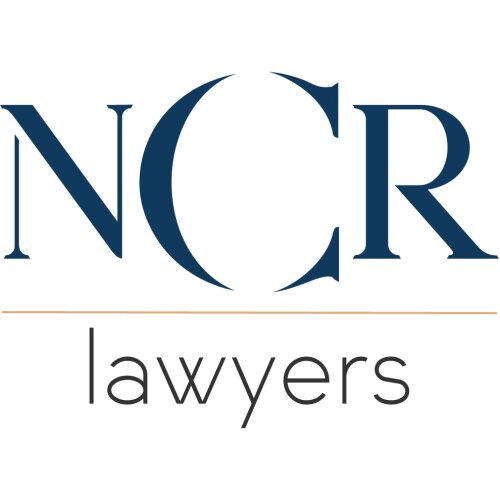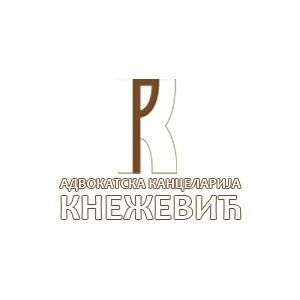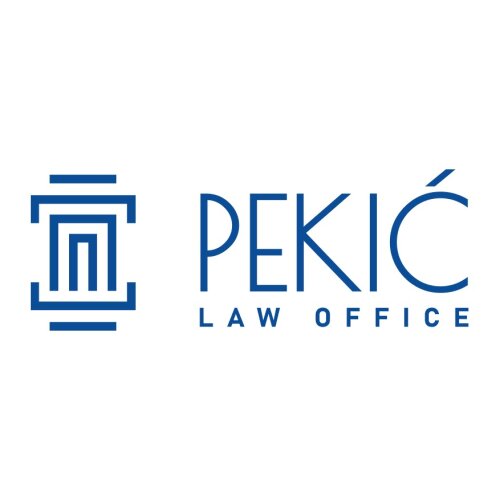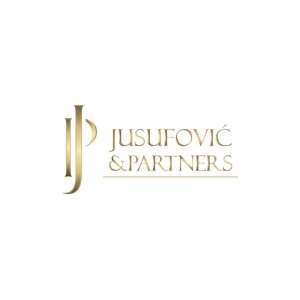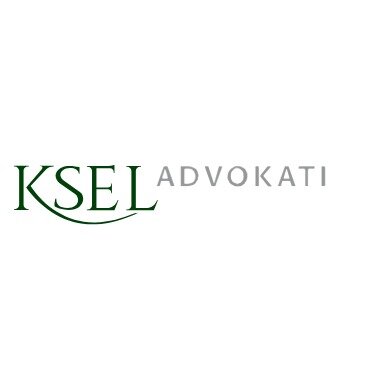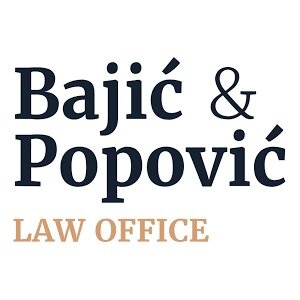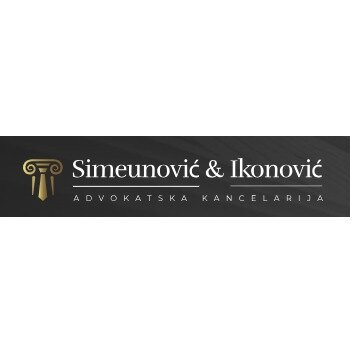Best Art & Cultural Property Law Lawyers in Serbia
Share your needs with us, get contacted by law firms.
Free. Takes 2 min.
Or refine your search by selecting a city:
List of the best lawyers in Serbia
About Art & Cultural Property Law in Serbia
Art & Cultural Property Law in Serbia encompasses a range of legal issues surrounding the protection, ownership, and trade of cultural goods. Cultural heritage in Serbia is protected by both national and international legislation, which aims to preserve and maintain the country's rich historical and cultural artifacts. This field of law covers various aspects, including the acquisition, restitution, and protection of artworks and artifacts, and it plays a crucial role in maintaining the integrity and history of Serbia's cultural identity.
Why You May Need a Lawyer
There are several scenarios where individuals or organizations might require legal assistance in the realm of Art & Cultural Property Law in Serbia:
- Acquisition or Sale of Artworks: Navigating the legalities of buying or selling art or cultural property can be complex, especially when these involve international borders.
- Restitution Claims: People seeking the return of cultural goods taken during periods of conflict or colonial rule might need legal expertise to pursue their claims.
- Export or Import Issues: Importing or exporting cultural properties may involve numerous legal requirements and restrictions.
- Intellectual Property Rights: Artists and creators may need to protect their works from unauthorized use or reproduction.
- Conservation and Preservation: Ensuring the proper care, restoration, or preservation of artworks or cultural properties requires legal oversight.
Local Laws Overview
Key aspects of Serbian laws relevant to Art & Cultural Property Law include:
- The Law on Cultural Goods: This law mandates the protection, conservation, and proper management of cultural goods in Serbia.
- International Conventions: Serbia is a signatory to several international agreements that influence its legislation on cultural property, including UNESCO conventions.
- Intellectual Property Laws: Protecting artistic works through copyrights and related rights is crucial in safeguarding creators’ interests.
- Customs Regulations: Specific procedures for the import and export of cultural goods are enforced to prevent unlawful trafficking.
Frequently Asked Questions
What qualifies as cultural property under Serbian law?
Cultural property includes objects that hold artistic, historical, ethnographic, or other cultural significance. This includes artworks, manuscripts, historical artifacts, and more.
How can I prove ownership of an artwork?
Ownership can be proven through documentation such as purchase receipts, certificates of authenticity, and provenance records.
What steps are required to export cultural property from Serbia?
To export cultural property, approval from the Ministry of Culture must be obtained, often requiring documentation and a review to ensure the legality of the transfer.
Can cultural property be removed from the country permanently?
Permanently removing cultural property requires strict adherence to national laws and international agreements, often needing specific permissions.
What should I do if I suspect cultural property is being traded illegally?
Report suspicions to the competent authorities, such as the police or the Ministry of Culture, which can investigate and take action.
Are there resources for artists to protect their works from infringement?
Yes, artists can register their works for copyright protection and utilize legal mechanisms to address any infringements.
How are disputes over art heritage handled in Serbia?
Disputes are typically settled through legal proceedings involving evidence presentation and legal arguments, potentially reaching resolution through negotiation or court decision.
Who is responsible for the preservation of cultural property in Serbia?
Multiple entities, including the government, cultural institutions, and owners of cultural properties, are jointly responsible for their preservation.
What is the process for restitution of stolen art?
The claim must be substantiated with documentation and evidence, typically going through legal procedures to determine rightful ownership and facilitate return.
Are there laws that protect intangible cultural heritage?
Yes, Serbia recognizes intangible cultural heritage as part of its cultural property, with laws in place to ensure its preservation and promotion.
Additional Resources
Here are some helpful resources for those seeking legal advice in the field of Art & Cultural Property Law in Serbia:
- Ministry of Culture and Information: The primary governmental body overseeing cultural affairs.
- Institute for the Protection of Cultural Monuments: Focuses on the preservation and protection of cultural properties.
- Serbian National Commission for UNESCO: Engages with international conventions relevant to cultural heritage.
Next Steps
If you find yourself in need of legal assistance in Art & Cultural Property Law, consider the following steps:
- Consult a Specialized Lawyer: Seek legal advice from professionals experienced in cultural property law to understand your rights and responsibilities.
- Gather Documentation: Compile any relevant documents related to your case, such as provenance records, purchase agreements, or any relevant correspondence.
- Contact Relevant Authorities: If applicable, reach out to the Ministry of Culture or other pertinent organizations for guidance or to report issues.
- Stay Informed: Continuously educate yourself about the latest developments in cultural property law to better navigate future legal circumstances.
Lawzana helps you find the best lawyers and law firms in Serbia through a curated and pre-screened list of qualified legal professionals. Our platform offers rankings and detailed profiles of attorneys and law firms, allowing you to compare based on practice areas, including Art & Cultural Property Law, experience, and client feedback.
Each profile includes a description of the firm's areas of practice, client reviews, team members and partners, year of establishment, spoken languages, office locations, contact information, social media presence, and any published articles or resources. Most firms on our platform speak English and are experienced in both local and international legal matters.
Get a quote from top-rated law firms in Serbia — quickly, securely, and without unnecessary hassle.
Disclaimer:
The information provided on this page is for general informational purposes only and does not constitute legal advice. While we strive to ensure the accuracy and relevance of the content, legal information may change over time, and interpretations of the law can vary. You should always consult with a qualified legal professional for advice specific to your situation.
We disclaim all liability for actions taken or not taken based on the content of this page. If you believe any information is incorrect or outdated, please contact us, and we will review and update it where appropriate.
Browse art & cultural property law law firms by city in Serbia
Refine your search by selecting a city.



